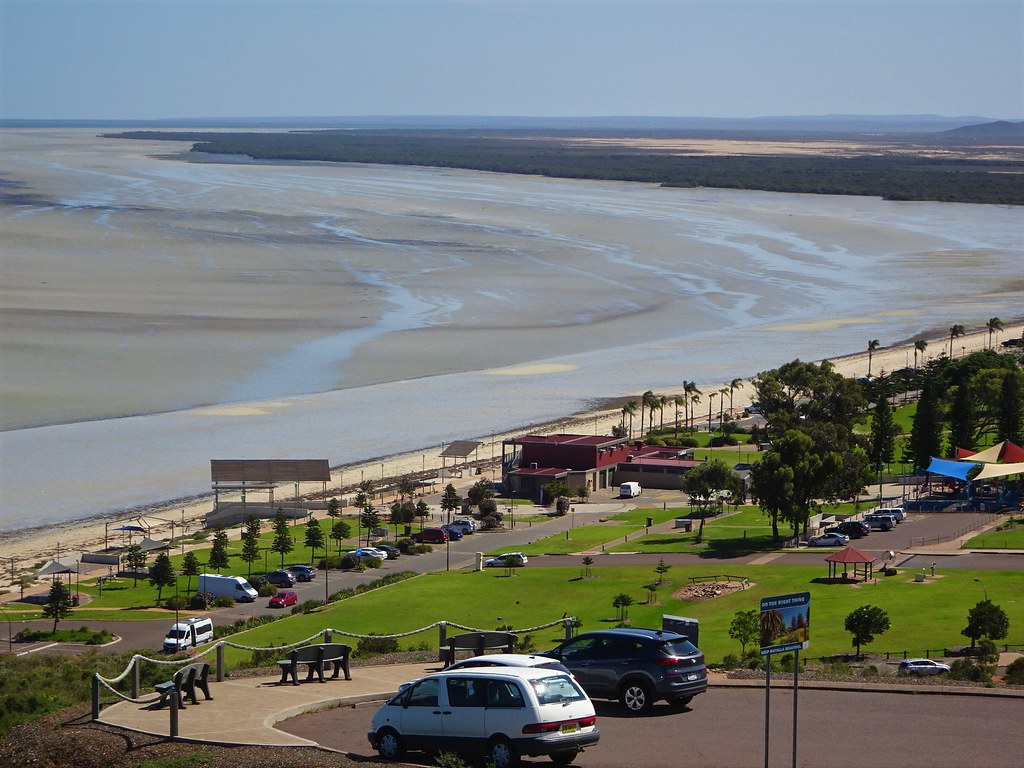The global transition towards sustainable energy solutions has brought hydrogen to the forefront of discussions, and South Australia, with its favourable conditions and leadership for renewable energy, is embracing this shift with enthusiasm. Among the state’s ambitious projects, the proposed hydrogen plant in Whyalla stands out as a beacon of innovation and economic potential. Let’s delve into the details of this groundbreaking initiative and the promising job opportunities it brings.
The Whyalla Hydrogen Plant: A Game-Changer for South Australia
Location Advantage:
Situated in the regional heart of South Australia’s industrial landscape, Whyalla offers strategic advantages for hydrogen production. The proposed plant leverages the region’s existing infrastructure and access to renewable energy sources, including abundant sunlight and wind.
Scale and Capacity:
The Whyalla Hydrogen plant is envisioned to be a large-scale facility capable of producing significant quantities of green hydrogen. With state-of-the-art electrolysers powered by renewable energy, the plant aims to contribute to South Australia’s goal of becoming a global leader in hydrogen production.
Integration with Industry:
One of the key features of the Whyalla project is its integration with existing industries, particularly steel manufacturing. By utilising hydrogen as a clean energy source in steel production processes, the plant not only reduces emissions but also fosters synergies between traditional and emerging sectors.
Export Potential:
South Australia’s strategic location and access to international markets position the Whyalla plant as a potential exporter of green hydrogen. With growing global demand for clean energy solutions, the plant holds immense potential to drive economic growth and export revenue for the state.
Job Opportunities:
- Engineering and Construction – Civil engineers, mechanical engineers, and construction professionals will play pivotal roles in the design, development, and construction of the hydrogen plant infrastructure.
- Operations and Maintenance – Skilled technicians and operators will be essential for the day-to-day operations, monitoring, and maintenance of the plant, ensuring its efficient and safe functioning.
- Research and Development – Scientists, researchers, and renewable energy specialists will contribute to ongoing innovation and optimisation efforts, driving advancements in hydrogen production technologies.
- Supply Chain and Logistics – Professionals in supply chain management, logistics, and transportation will facilitate the sourcing of raw materials, distribution of hydrogen, and management of related logistics processes.
- Policy and Regulatory Affairs – Experts in policy analysis, regulatory compliance, and government relations will navigate the complex regulatory landscape, ensuring adherence to environmental standards and fostering supportive policies for the hydrogen industry.
The proposed hydrogen plant in Whyalla represents a possible landmark initiative in South Australia’s journey towards a sustainable and prosperous future. Beyond its environmental benefits, the project holds immense potential to create jobs, drive economic growth, and position the state as a global leader in the hydrogen economy. With diverse opportunities across engineering, operations, research, and policy domains, the Whyalla plant underscores the transformative impact of hydrogen on South Australia’s workforce and economy. As the project progresses, it should pave the way for a greener, more innovative, and resilient future for the state and beyond.

